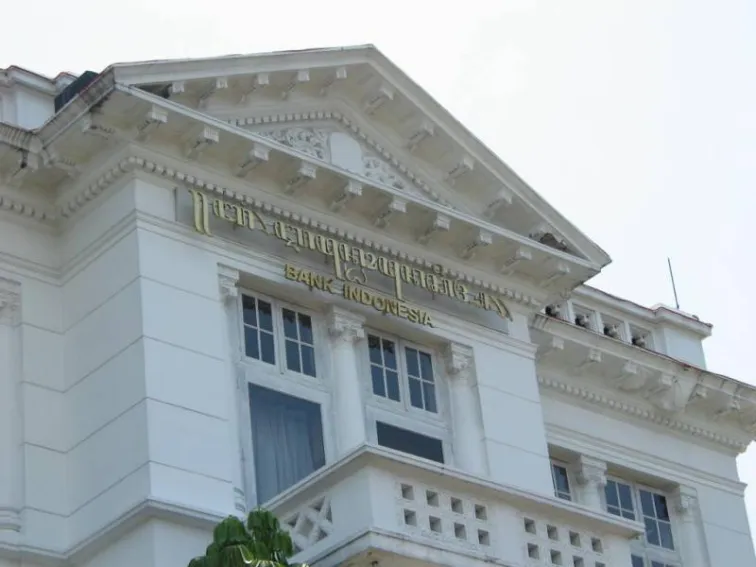
Why analysts are not worried about big Indonesian banks amidst market turmoil
Thanks to low net open positions.
According to Fitch Ratings, Indonesia's major banks are robust against the rupiah currency slide because of their low unhedged foreign-currency exposure, strong loss-absorption cushions and in some cases foreign ownership.
The slowdown in the economy will weigh on these (rated) banks' operating environment, but is unlikely to damage their credit profiles to any great extent.
Here's more from Fitch Ratings:
A key reason for the credit resilience is that most major banks now have very low net open positions on their foreign-currency loans. There has been a run-up in foreign-currency lending since 2011, but unhedged foreign-currency exposure averages just 2% of banks' capital - and is well below Bank Indonesia's (BI) maximum allowable limit of 20%. The low amount of unhedged foreign-currency exposure limits the potential risk of capital impairment from the sharp depreciation of the rupiah - which has fallen by 11% against the US dollar this year, more than for many other Asian currencies.
Indonesian commercial banks also have formidable loss-absorption cushions. Capital adequacy ratios are around 18% with Tier-1 equity averaging 16%, against a gross NPL ratio of just 2%. Notably, the NPLs tend to be well provisioned, which leaves the banks with a substantial capital buffer against potential FX-related losses.
In addition, a large proportion of the Indonesian banking system is under foreign ownership of several regional and global banks. This raises the likelihood of equity support from relatively strong parent institutions in higher-rated jurisdictions in the event of unexpected losses or sustained FX market pressure.
Indonesia's growth has begun slowing since the beginning of this year due to a substantial drop in the prices of its key commodity exports. The growth strains will worsen for two additional reasons. First, the sharp fuel price hike in June - for safeguarding the fiscal position - has raised inflation and will quell household purchasing power. Second, monetary tightening - to anchor inflation expectations and defend the falling rupiah - will also rein in loan demand. Consequently, GDP growth could ease toward a 5%-5.5% year-on-year rate.
Earnings and asset quality are bound to come under modest pressure as Indonesia faces the slowest pace of economic expansion since the global financial crisis of 2008. A higher cost of funds and lower loan demand should hold back profit growth. More loans could turn sour from decelerating activity, lower commodity prices, a weaker rupiah and higher interest rates. The resulting increase in loan-loss provisioning could weigh further on profitability.
Nonetheless, the credit profiles of the major banks are sufficiently resilient to withstand a worsening operating environment. This is supported by Fitch's stress tests which indicate that the major banks' Viability Ratings already reflect a range of vulnerability and resilience consistent with the current financial and economic turmoil. The stress tests also found that capital positions would be likely to remain intact at most major banks.
In the instance of capital shortfalls, local banks owned by foreign financial institutions, in particular, are likely to benefit from parent support if stresses in the operating environment became more persistent, or more intense, than anticipated.






![Lorem Ipsum [ABF 1]](https://cmg-qa.s3.ap-southeast-1.amazonaws.com/s3fs-public/styles/exclusive_featured_article/public/2025-03/a_hand_pointing_to_a_futuristic_technology_5b87c9d0e3_1.png.webp?itok=2w0y1WhS)


![Cross Domain [Manu + SBR + ABF + ABR + FMCG + HBR + ]](https://cmg-qa.s3.ap-southeast-1.amazonaws.com/s3fs-public/styles/exclusive_featured_article/public/2025-01/earth-3537401_1920_4.jpg.webp?itok=WaRpTJwE)








 Advertise
Advertise

